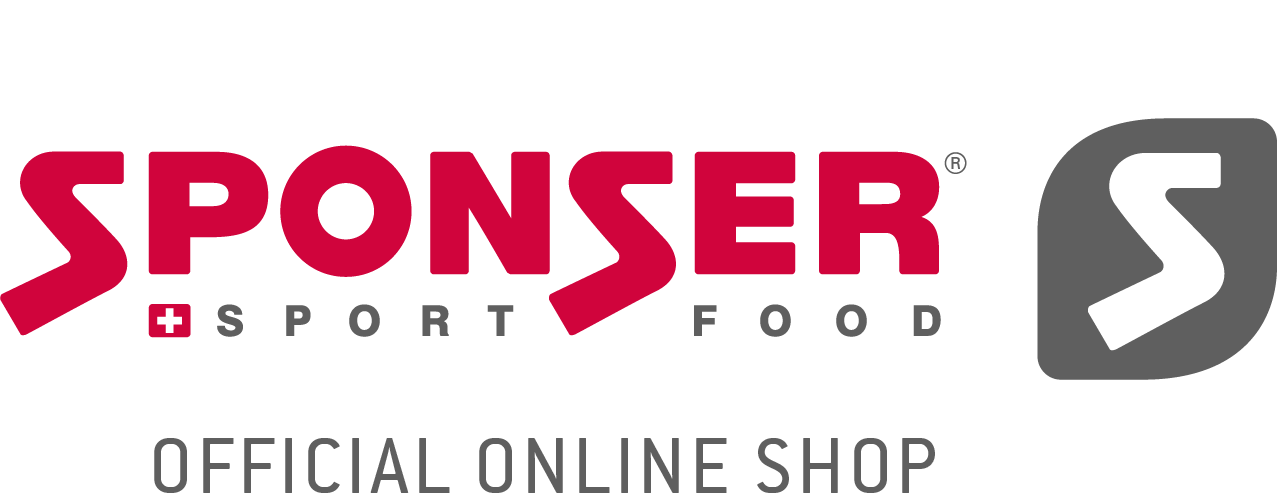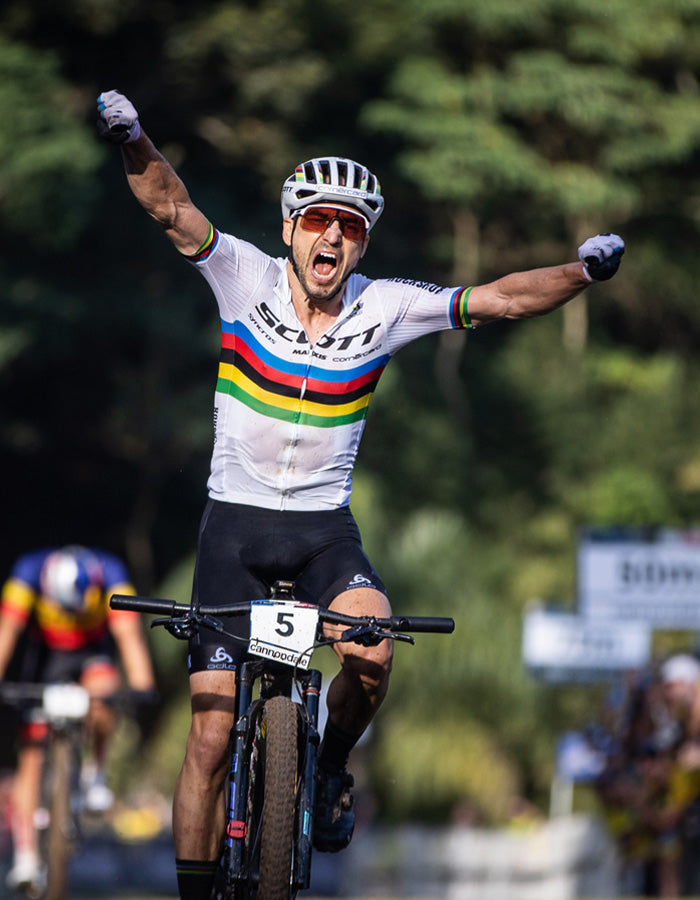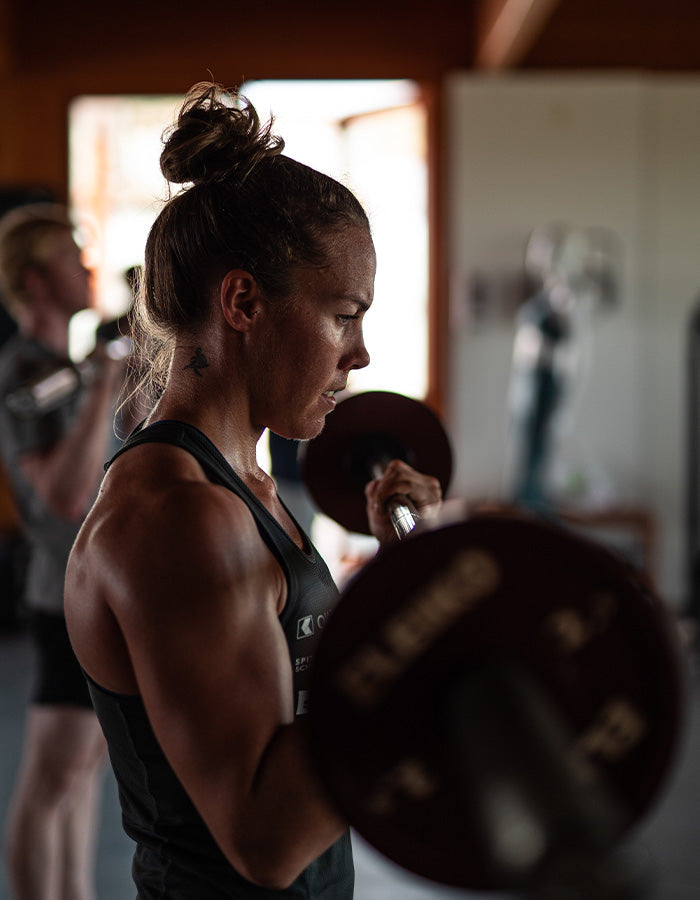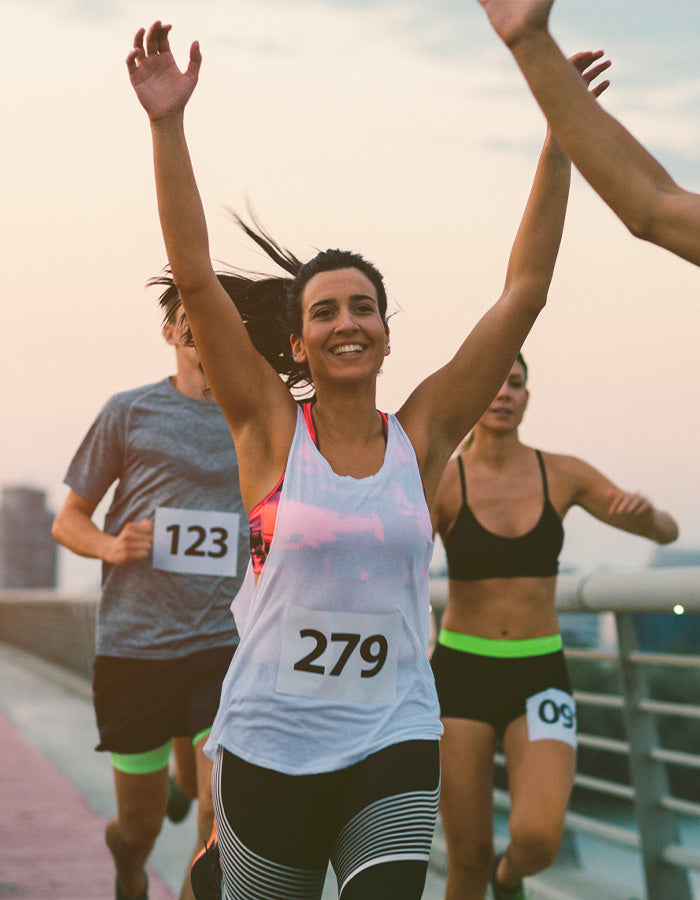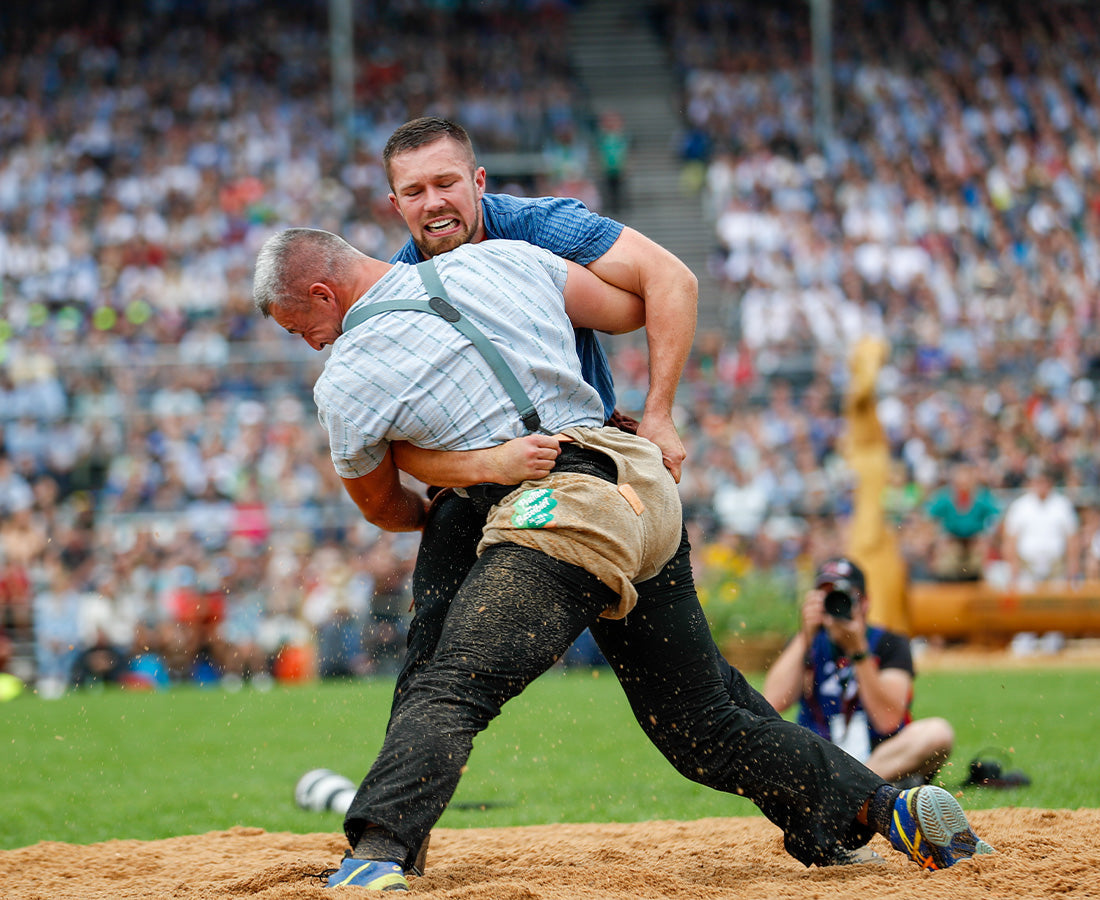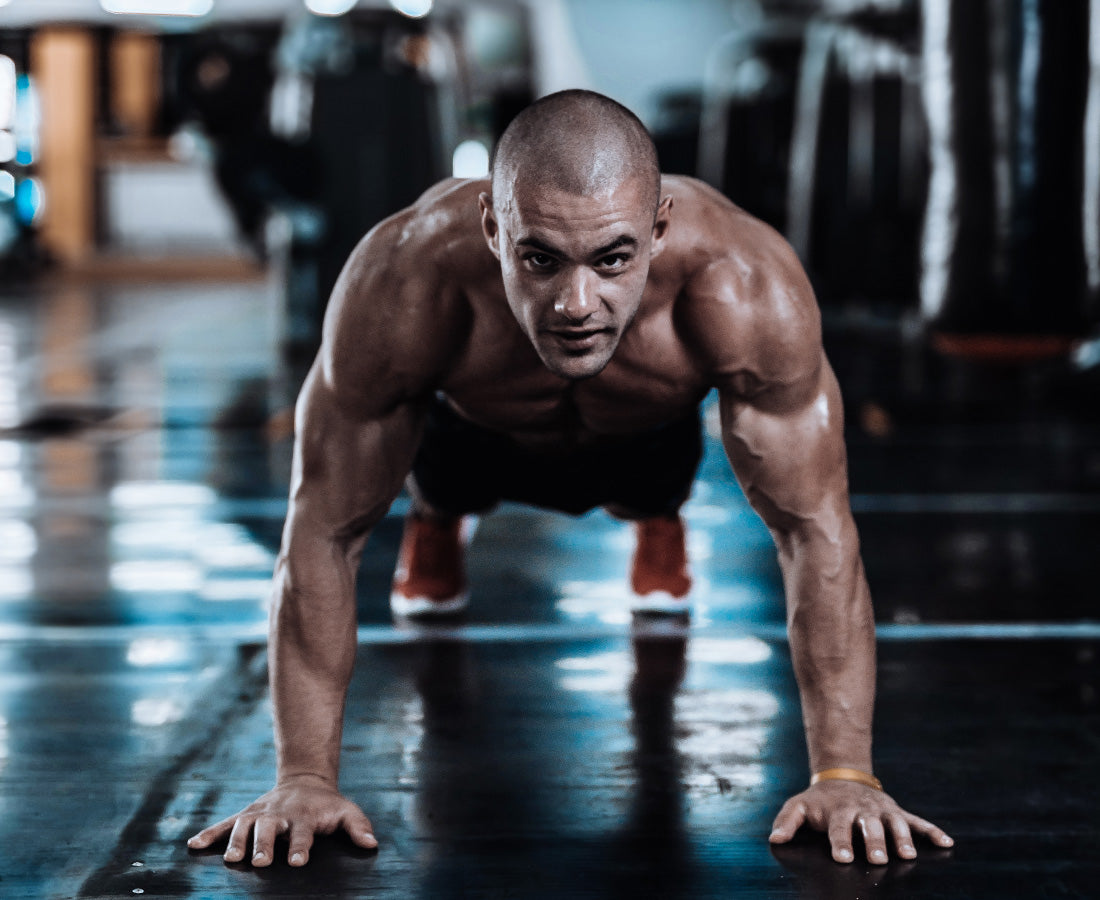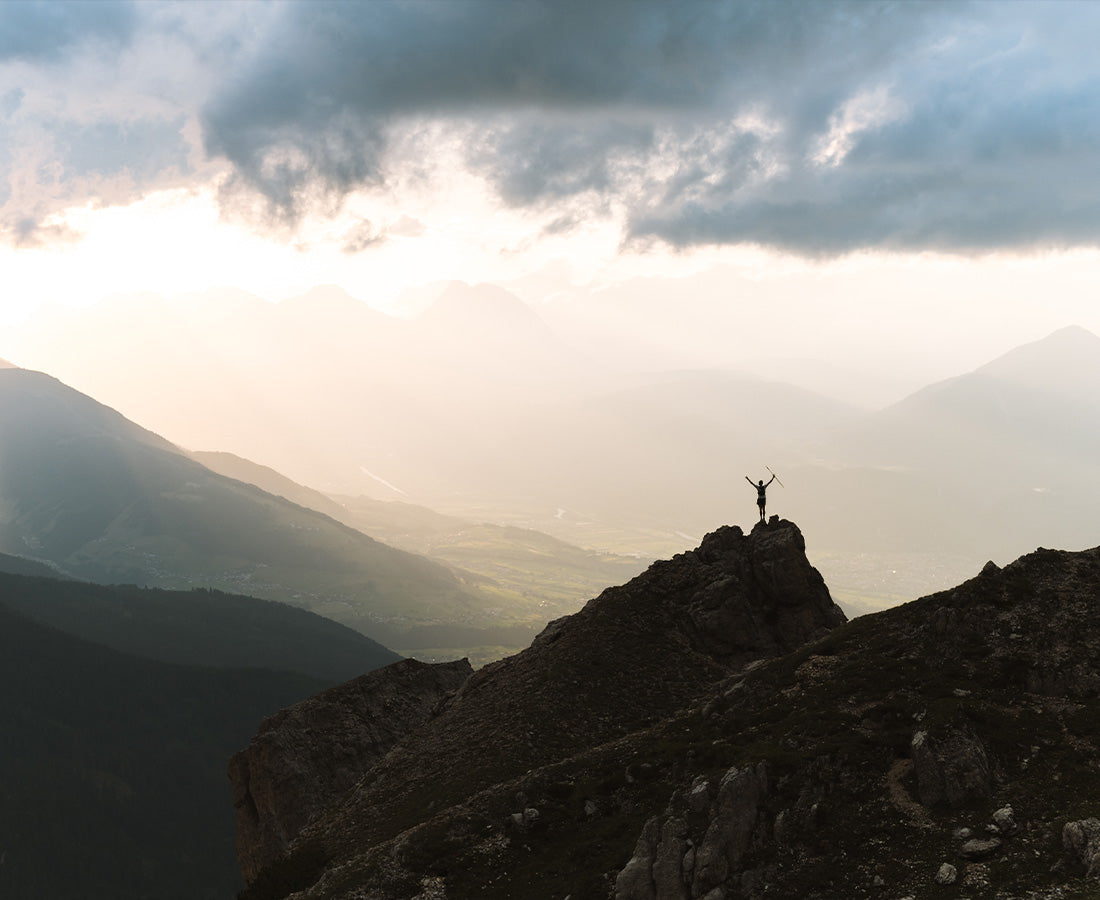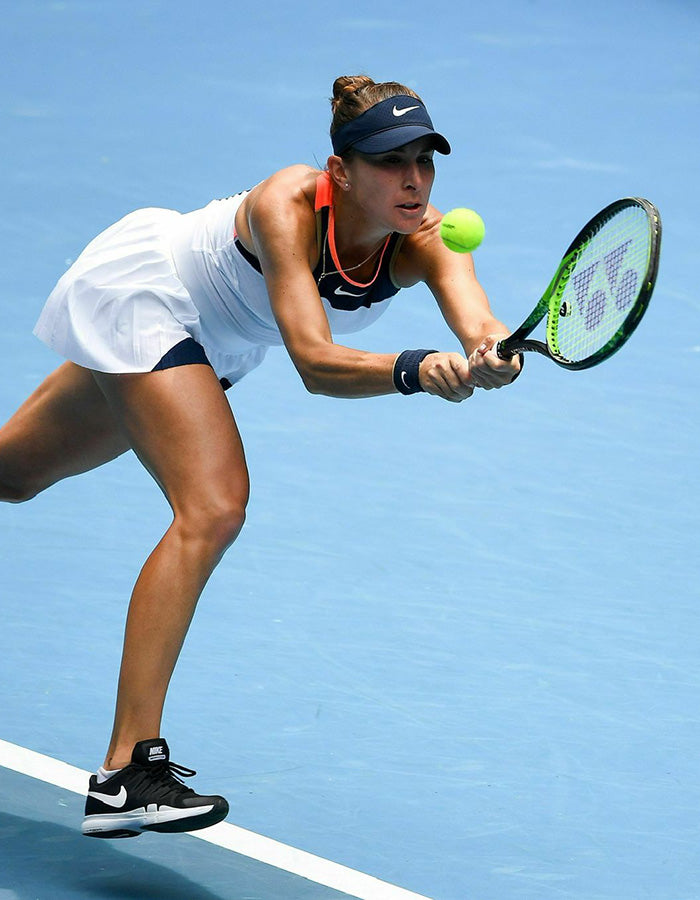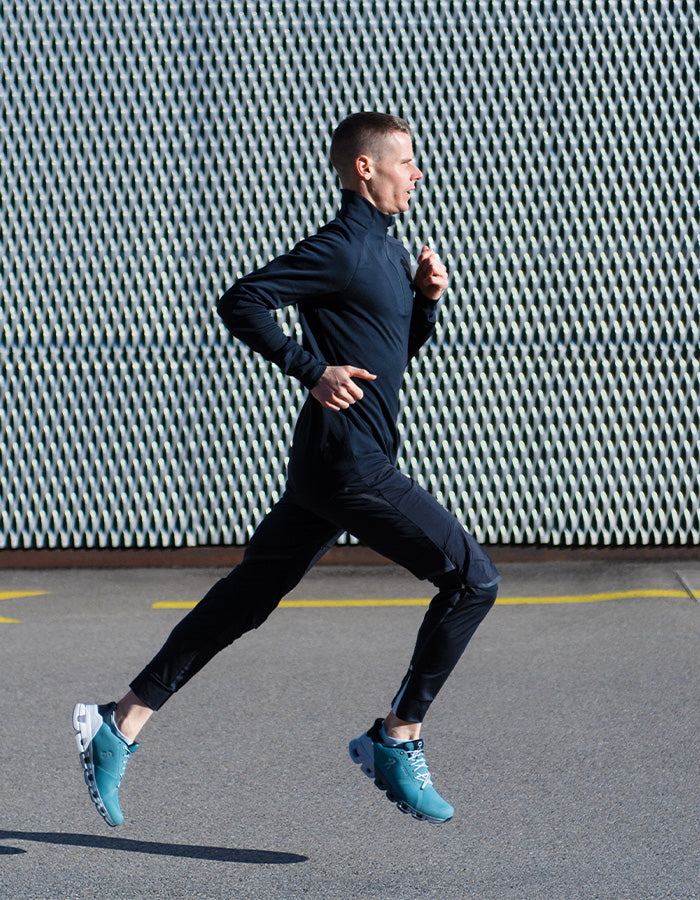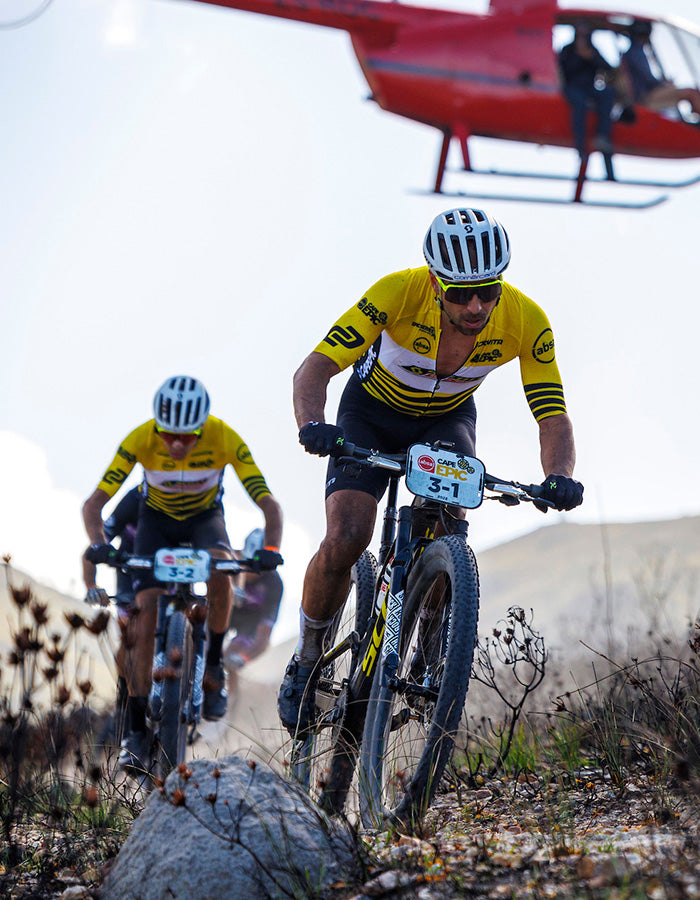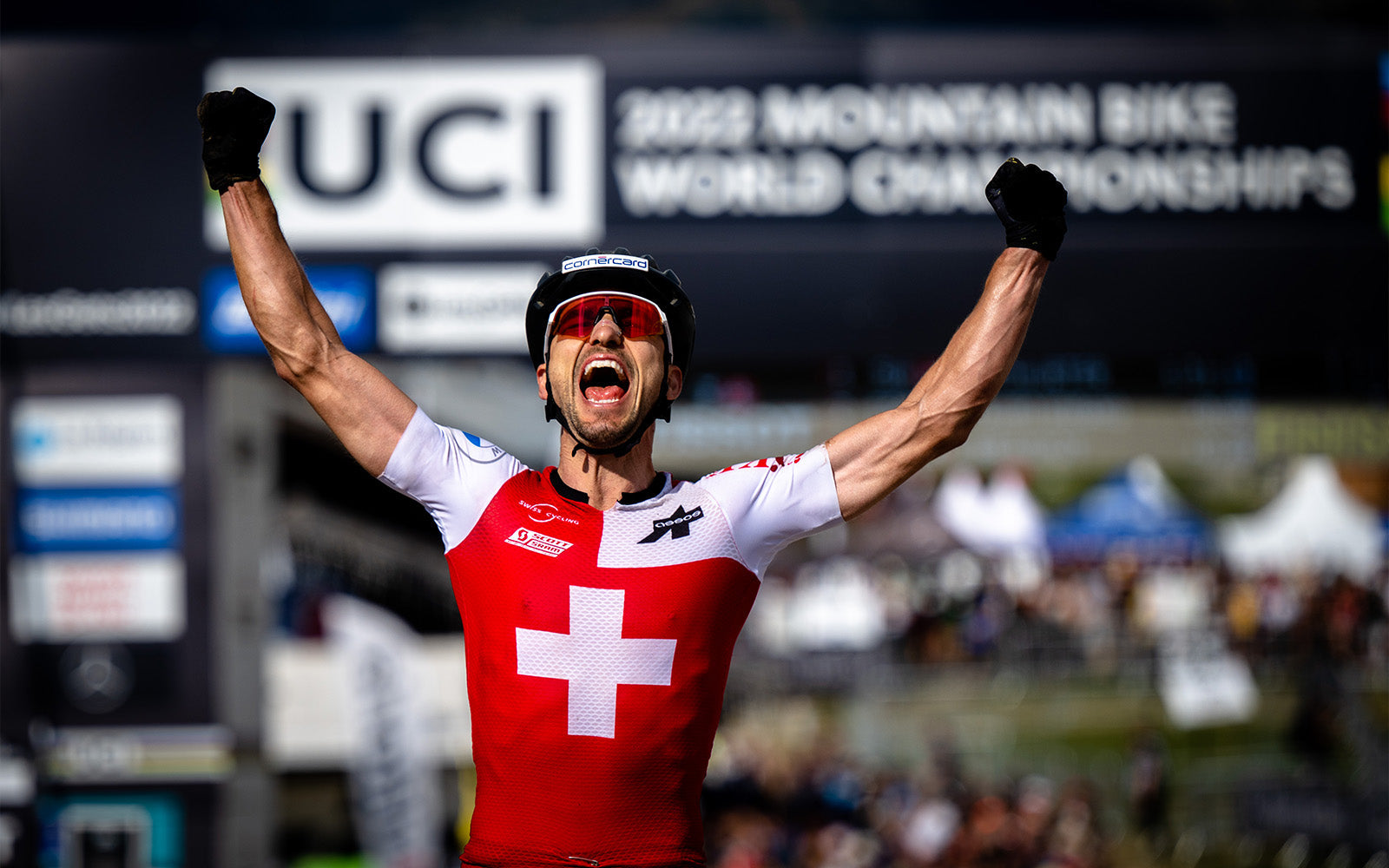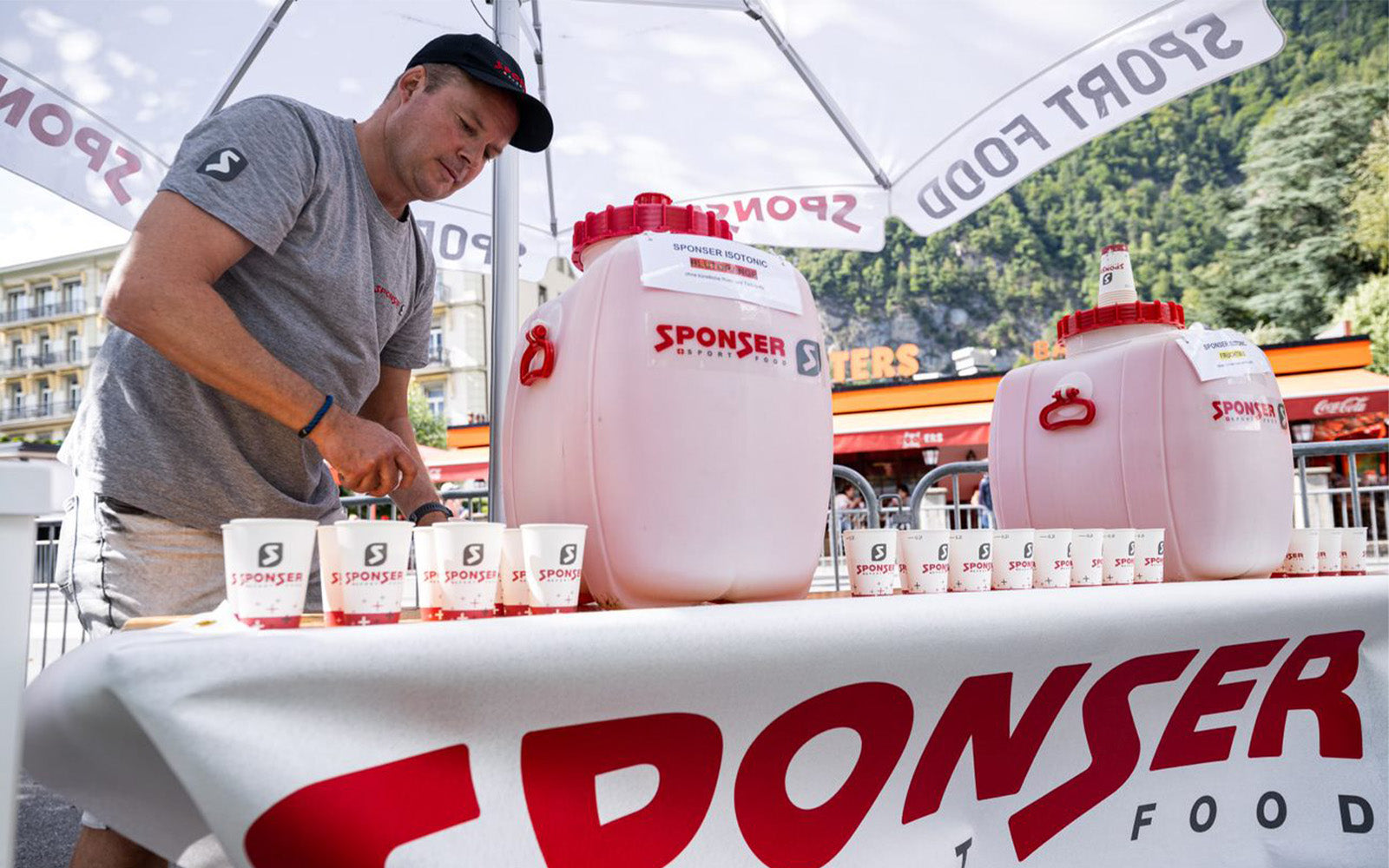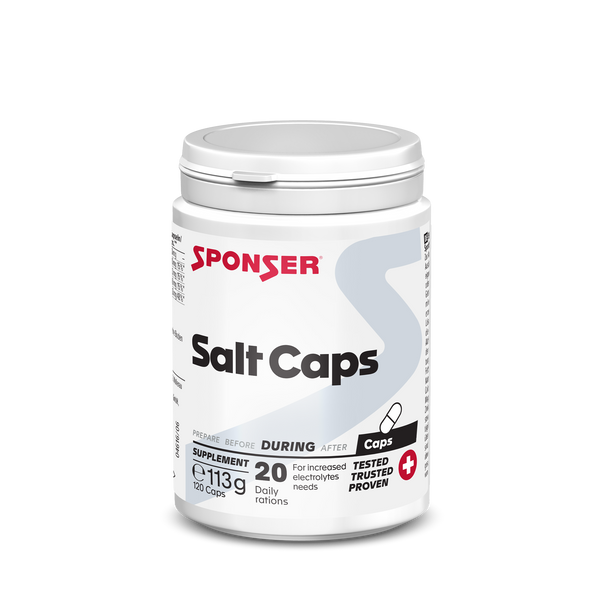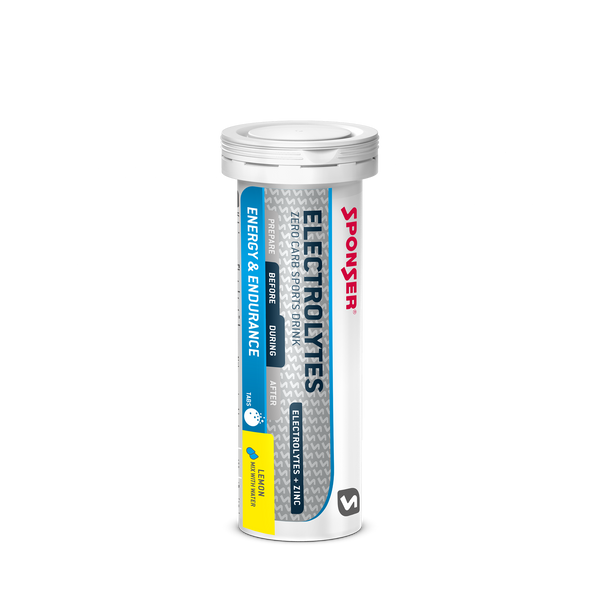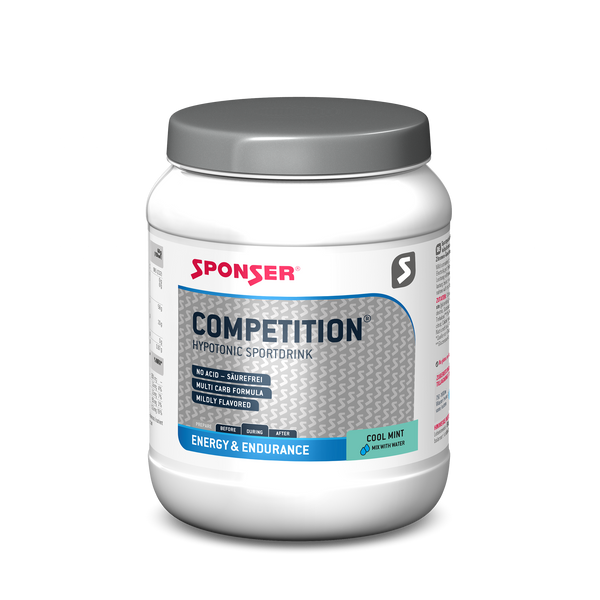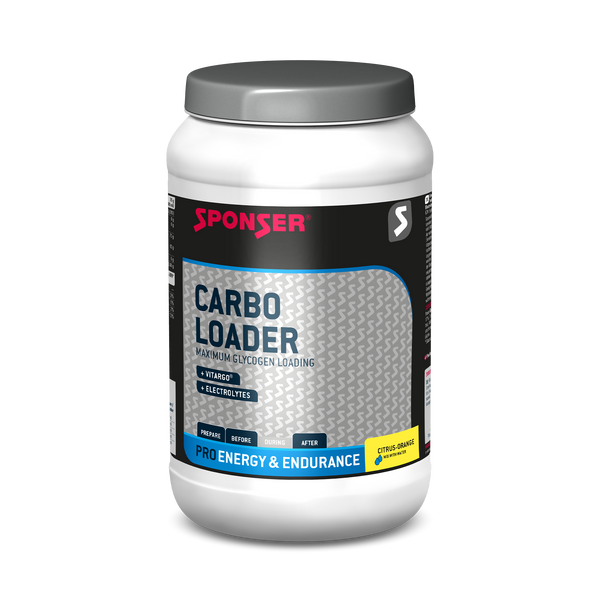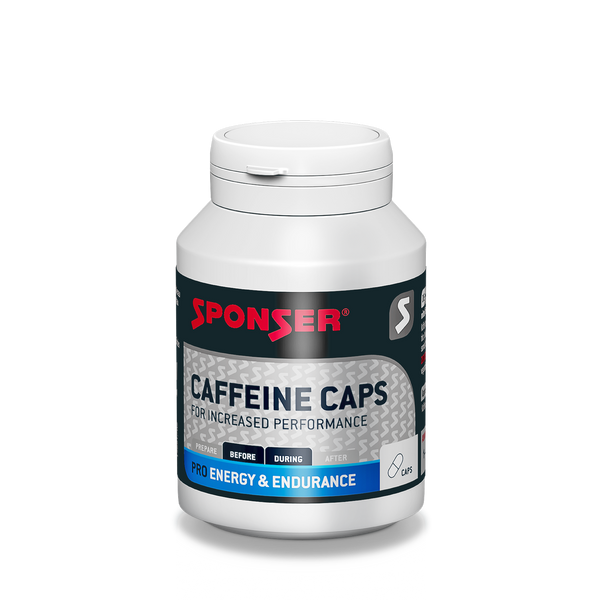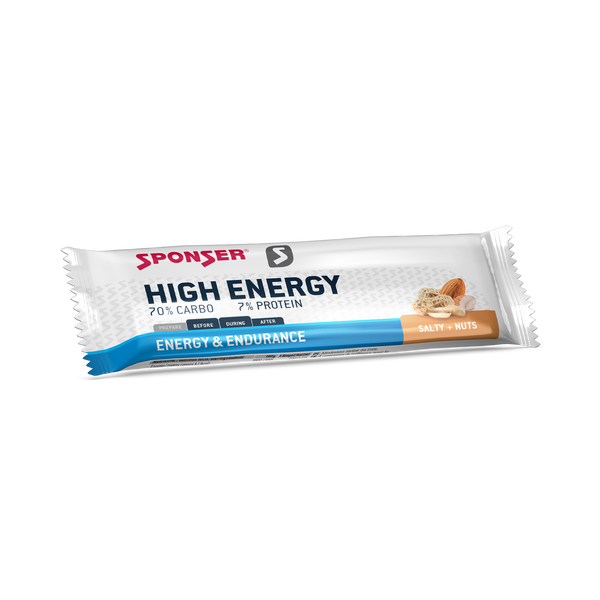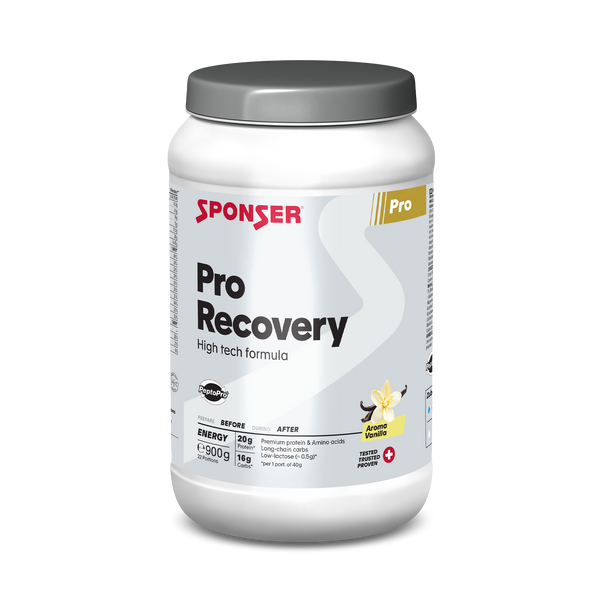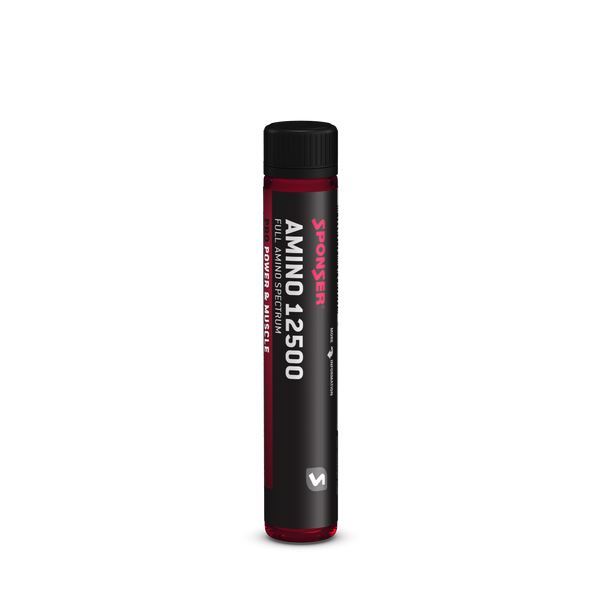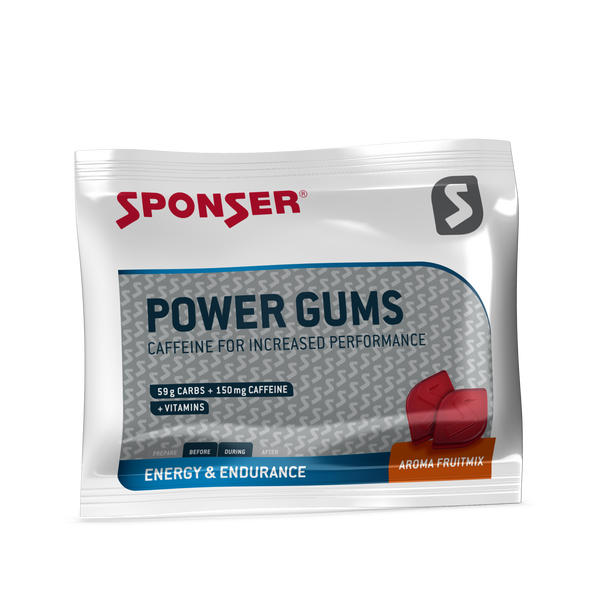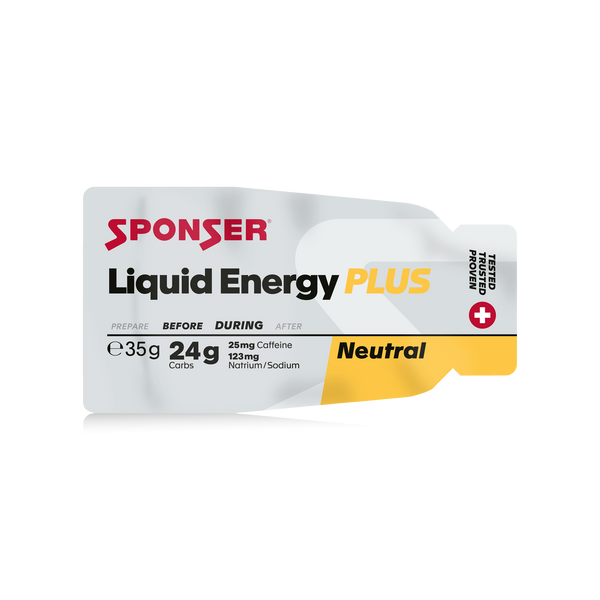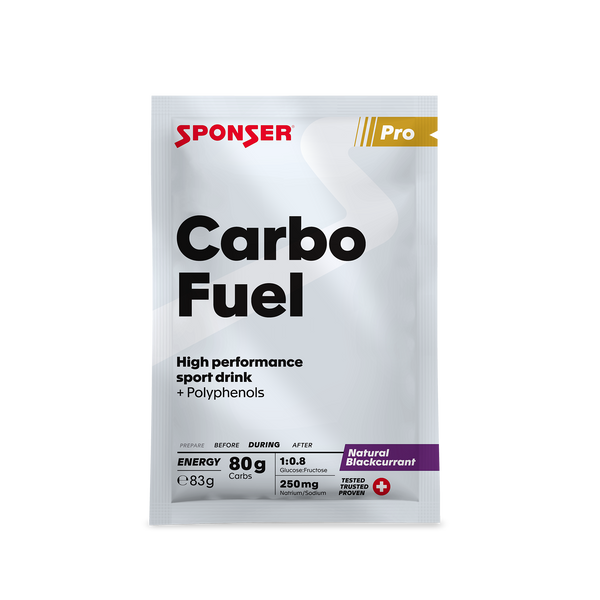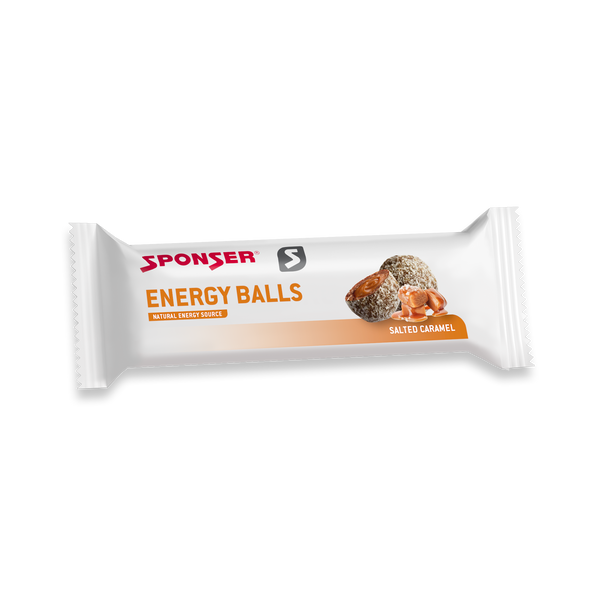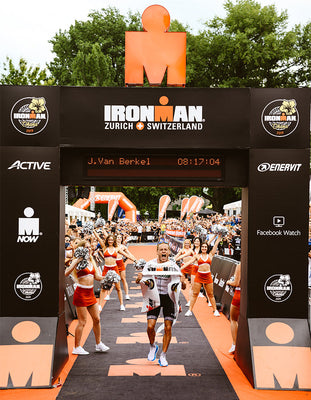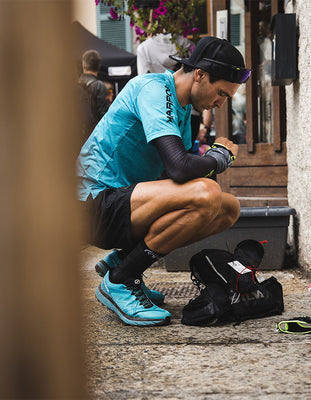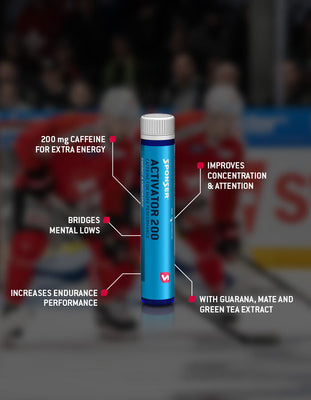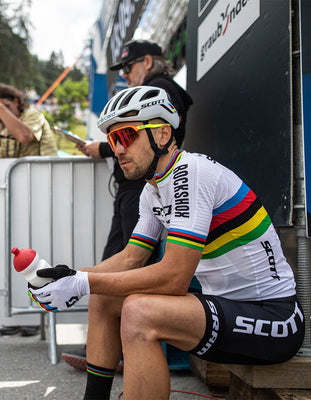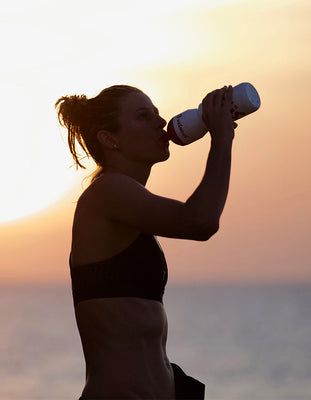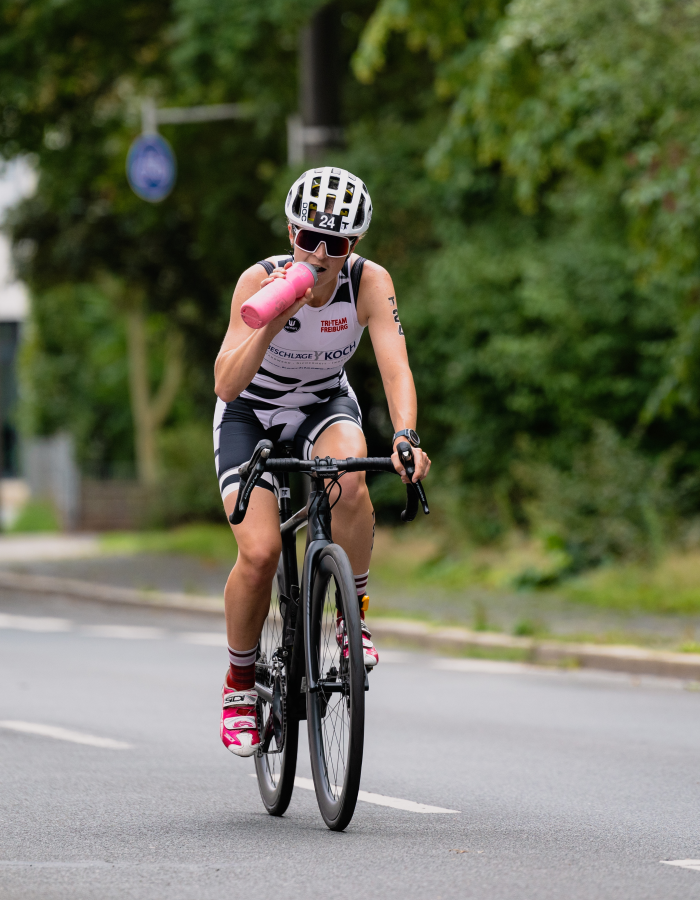
Photo credit: Armin Forster/Pixabay
A nutrition expert and a professional athlete reveal what is important in triathlon nutrition
As part of the Triathlon Talk - organised by the International Uster Triathlon, MooveMee, Fabrik 11 and SPONSER SPORT FOOD - professional athlete Ruedi Wild and nutrition expert Yvonne Forster provided information on the ideal nutrition in triathlon. The event was streamed live on Facebook and can be viewed here (in German). The insights from this talk in short form:
1-2 DAYS BEFORE THE COMPETITION
• Basically, keep to your usual diet.
• Ideally, do not eat a heavy diet, eat less protein, fats and fibre.
• Carbohydrates such as pasta, rice, risotto, potatoes, plus easily digestible vegetables and protein sources such as lean meat or fish are excellent.
PROFIT TIPS FROM RUEDI WILD
«Since training is reduced in the days before the competition, I don't need extensive carboloading the night before, which only makes me sluggish and heavy. If you don't want to do without carboloading, it's best to take it at lunchtime prior to the race day, so as not to impair sleep quality.»
ON COMPETITION DAY
• The theory is: eat your last meal three hours before the start of the competition. This does not always work.
• Ideally, do not take acids (orange juice, fruit salad) and eat easily digestible carbohydrates (the usual muesli or the familiar breakfast sandwiches).
• There is nothing wrong with coffee if you tolerate it well.
PROFIT TIPS FROM RUEDI WILD
«I don't eat more than I like at the moment. I also consciously avoid various types of sugar at breakfast, because sweets come early enough in the competition. When it comes to fluid intake, I advise against drinking too much. It may wash out micronutrients. I stick to the rule: drink according to thirst.»
COMPETITION
• On the Olympic distance, nutrition has a different function and importance than on the middle or long distance course. As a rule, short races are more intense. Due to the time involved, nutrition is of particular importance on the bike leg, and it is important to drink properly on the bike - preferably a carbohydrate-containing, acid-free sports drink such as
COMPETITION® - and, if necessary, to consume something in the transition area before the run (HIGH ENERGY BAR,
LIQUID ENERGY GEL,
POWER GUMS or similar). It should then be possible to run the distance without any further energy intake.
• The rule of thumb for Olympic and middle distance is to consume 1 g of carbohydrates per kg of body weight per hour.
COMPETITION® provides 60 g of carbohydrate per litre,
HIGH ENERGY BAR and ½
LIQUID ENERGY GEL tube about 50 g of carbohydrate each.
• Slower athletes may take another gel tube on the bike or swallow half of it before the swim start.
PROFIT TIPS FROM RUEDI WILD
«I ingest carbohydrates and fluids almost exclusively during the bike leg. My conclusion: everything you eat on the bike supports the subsequent run. I take care of myself mainly on those sections that do not require too much attention and technical skills. For middle distances, I use
HIGH ENERGY BAR Salty+Nuts. In hot temperatures, I carry a bottle of highly concentrated
COMPETITION® and a bottle of water, so I can decouple hydration from energy intake.»
AT THE FINISH LINE
• It is best to enjoy a drink that refreshes you. It may also carbonated and/or contain acids.
• For a quick recovery, it is important to take 20-30 g of protein in combination with carbohydrates shortly after reaching the finish line. The easiest way is to take it in liquid form. Protein/recovery shakes are a suitable choice.
• Enjoy a proper meal about two to three hours after the competition.
TIPS FROM RUEDI WILD
«I always take two
AMINO 12500 ampoules at the finish area, these provide me with 25 g of amino acids, i.e. protein in pre-digested form. This allows me to bridge the open-window effect. Later, when I work up an appetite, I then enjoy the buffet and eat whatever I feel like.»
SUMMARY: RUEDI WILD'S DO'S AND DON'TS
• Do not eat everything in a wild mix at the refreshment stands on the running course. This increases the risk of intolerance, as the intake can no longer be controlled and often too much energy is ingested.
• A controlled carbohydrate intake during the run is the be-all and end-all. Both compensation after a hunger pang and insufficient intake are critical and can lead to problems.
• Only consume what you have tested out in training in a controlled manner.
• Running: Ideally, carry a
LIQUID ENERGY GEL tube and ingest the energy in small portions, then drink water to dilute at the aid station. On the last 30 minutes I take what I feel like.
• On the bike, the energy comes mainly from drinks and some solid food, and on the run mainly from gels. That way you get some variety.
• There are crises and lows in every race. I overcome them with
SALT CAPS and GELS. Because the body mainly allows negative thoughts when there are nutrient deficits (especially salt and glucose!).
• Only in the last hour of the competition you may listen to your cravings and take additional drinks (cola, bouillon).
Related articles
nutrition guide
» triathlon short distance
nutrition guide
» triathlon middle distance
on
» endurance performance
on
» performance optimisation
shop
» energy & endurance
shop
» sports drinks
shop
» liquid gels
